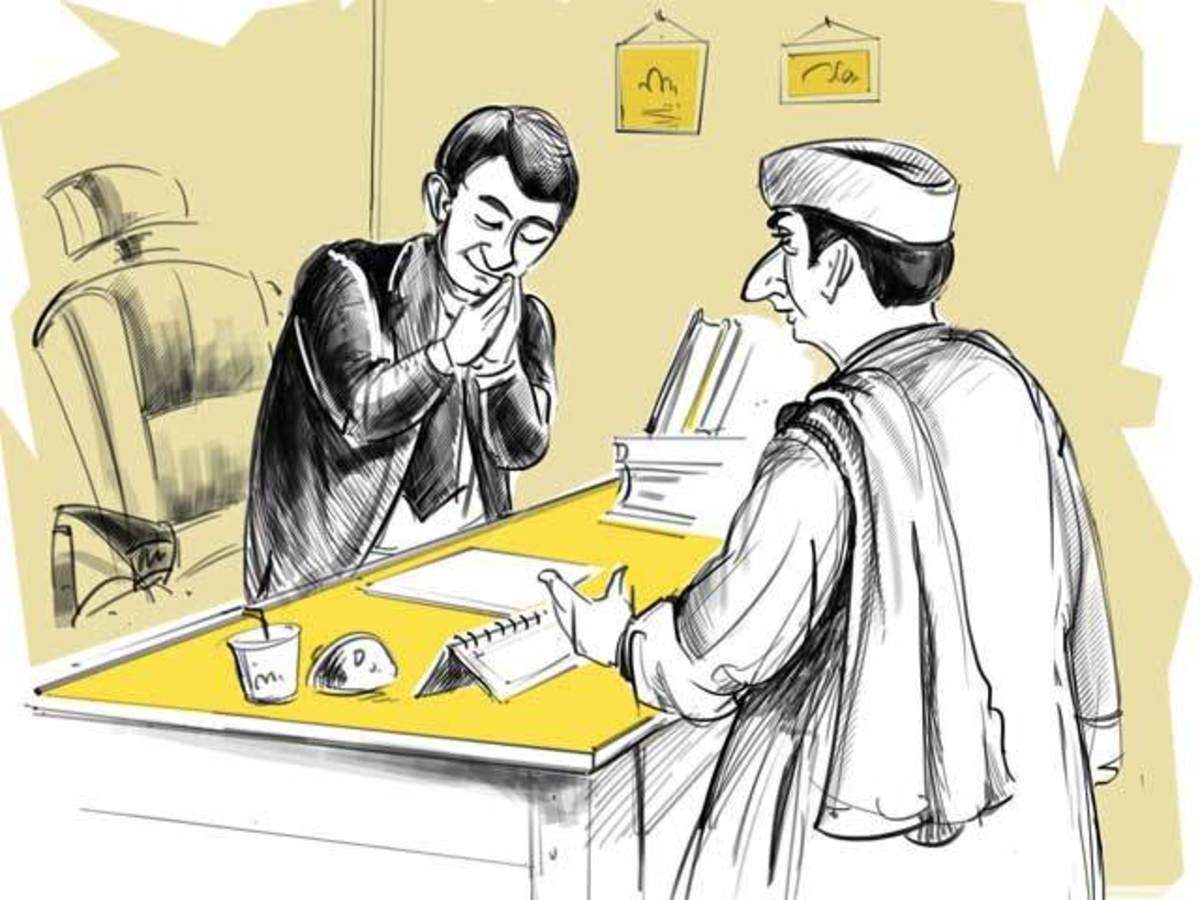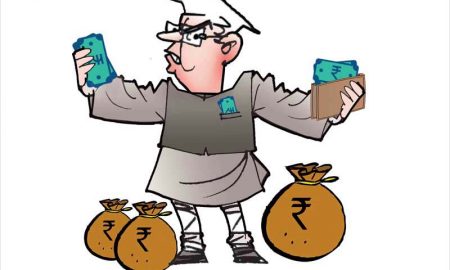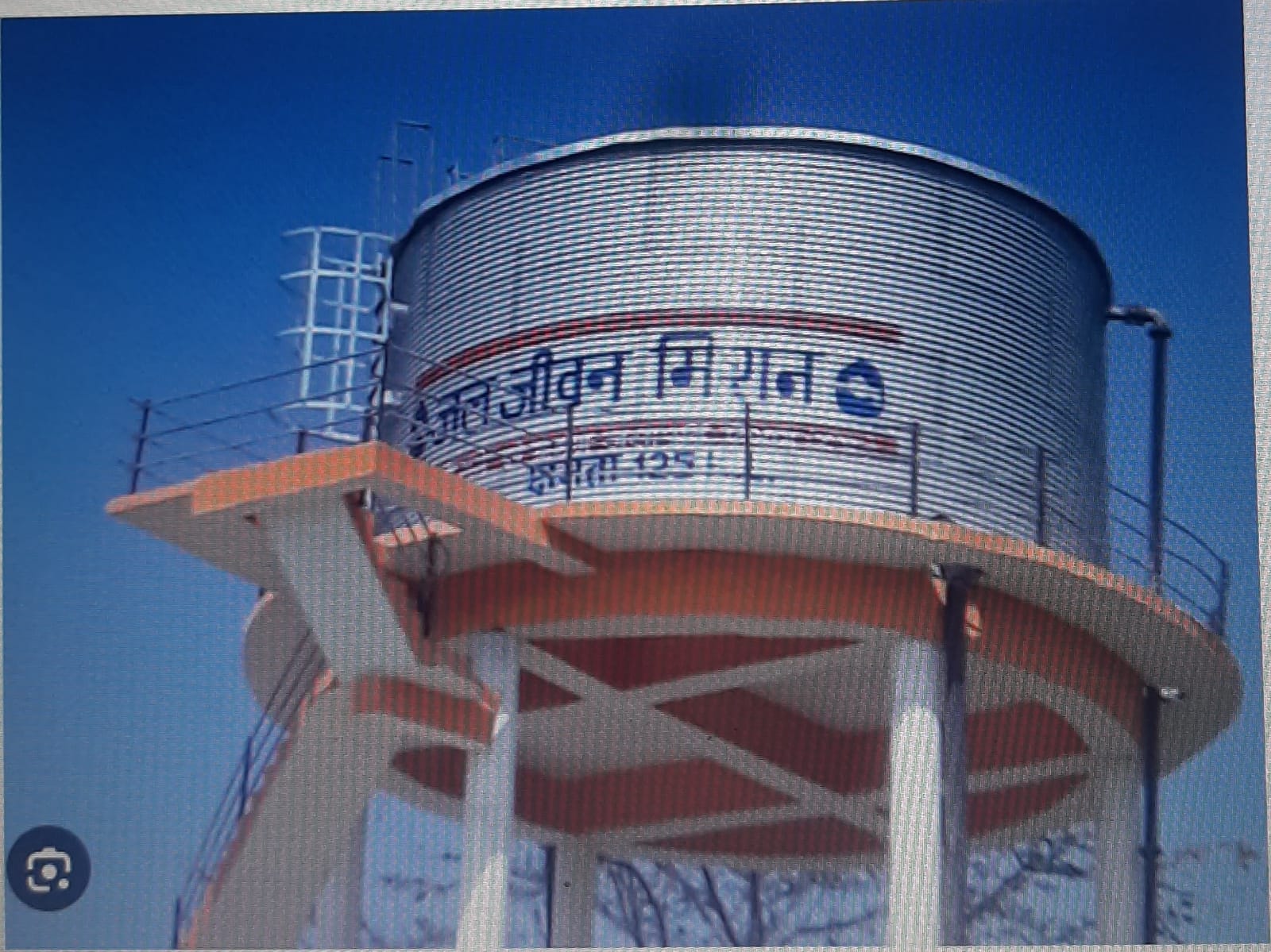
The administrator today has settled for the path of least resistance always saying yes to the political boss and no to the public. Remember the strength of a chain is determined by the strength of its weakest link, so just one weak administrator makes the system ineffective, writes Dr HC Pande.
In any system of democratic governance, the link between the elected, and, the electors, is the selected. It is the administrators, selected on merits, who are the links in the chain connecting the politician to the public. At one end they are required to satisfy the demands of the people, and, at the other, fulfill the political necessities of the elected bosses. Often enough, or, maybe even largely, the public demand, and, the political necessity are incompatible. This is where hard thinking and hard work is needed. The politician lives from election to election, and, is essentially short-sighted, looking for only a placebo solution, or, a symptomatic solution, if it guards his immediate interests.
The problems faced by the country, across the board, are fundamental and enormous, demanding, long range, long term, planned effort. A placebo, or, a band-aid solution, only buys temporary peace at the cost of creating more serious issues in the future, akin to a lull before the storm.
One expects an administrator to be able to say yes, or, no, depending on the rationality and feasibility of the public demand or the political necessity. Plain and simple, Boolean logic, is all that is needed. Exceptions apart, the administrator today has settled for the path of least resistance always saying yes to the political boss and no to the public. Remember the strength of a chain is determined by the strength of its weakest link, so just one weak administrator makes the system ineffective.
Speaking about the American officialdom,and,its British counterpart,Bertrand Russell has opined:
“The power of officials is,usually,distinct from that of people who,theoretically,are in ultimate control.One of the drawbacks to the power of officials is that they are apt to be quite remote from the things they control.America has invented the phrase “yes-men” for those who flatter great executives.In England we are more troubled by “no-men” who make it their business to employ clever ignorance in opposing and sabotaging every scheme suggested by those who have knowledge and imagination and enterprise.I am afraid that our “no-men” are a thousand times more harmful than the American “yes-men”.
Apparently in India we have the damaging combination of the American “yes-men” and the British “no-men”, a double deadly,dynamite.In a merit based selection the ability or the capability of the selected can not be doubted,therefore,it is not ignorance but ego and narrow outlook,that makes them say no to every worthwhile proposal just because they could not think of it earlier.May be there are other reasons as well.To Successfully work out any proposal,hard work,and,constant vigilance is necessary,which many would like to avoid.After all, what is the point of being in the elite service if you can not relax ,and, take things easy,particularly when,super security of service,and,time-bound promotions are guaranteed.Then again in implementing any honest scheme there is every likelihood of annoying vested interests and their political god-fathers,so why risk unpleasantness and possible adverse ACR.The fact that the services still have some people of integrity and character is what keeps the system going though far too slowly for the country’s needs.Unless and until the ‘yes men’ become ‘no men’,and,vice versa,the county’s difficulties will continue to mount,as every one placebo solution, would create two more problems. (The views expressed here are personal)
(Dr H C Pande is Vice Chancellor Emeritus, BITS, Mesra)









